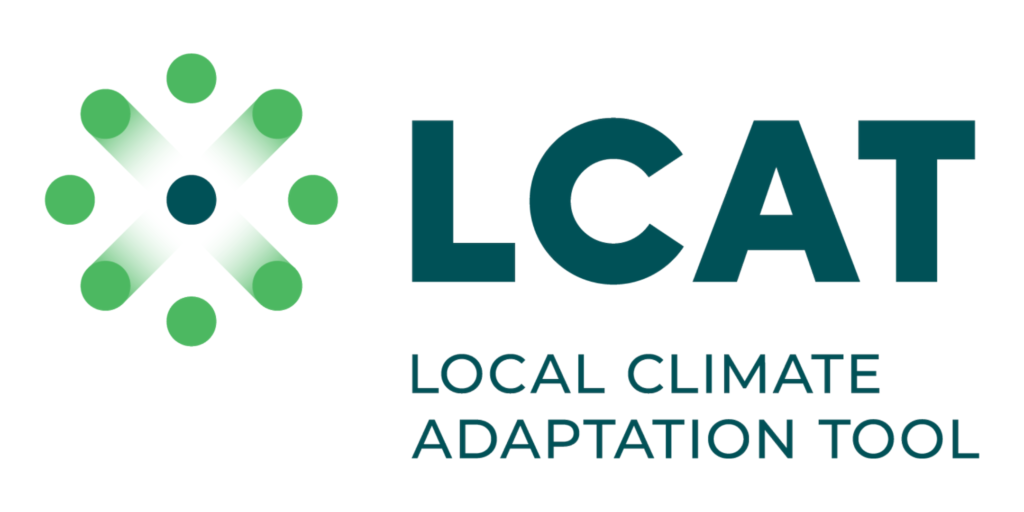Learn how to use LCAT (Local Climate Adaptation Tool), providing the best available evidence in making decisions to adapt to climate change.
As the world warms, increased temperatures and extreme weather events have severe implications for services ranging from emergency services to highways maintenance and social care. Climate science is complex and hard to navigate, and to understand implications for specific fields and how best to avoid the worst impacts. This new tool makes the latest climate science accessible to decision makers in these fields and more, in an accessible way, allowing them to plan for the future to provide the best services possible in a changing landscape.
The Local Climate Adaptation Tool (LCAT) has been developed by a team from the University of Exeter and Cornwall Council, with input from more than 50 other local authority areas across the UK. Decision-makers involved in the development include councils, health and emergency services. LCAT has been designed to help local organisations increase their adaptation response to local climate change, something a recent government report describes as having ‘failed to keep pace with the worsening reality of climate risk.’
Chris Stark, Chief Executive of The Climate Change Committee which advises the government on. tackling and preparing for climate change states:
“Global warming can no longer be described as a future event and from flooding to heatwaves, the consequences are more and more apparent. Local adaptation to climate change is vitally important and is not making the progress we need to ensure the resilience of local communities. Tools such as the Local Climate Adaptation Tool (LCAT) are a vital resource to support our local decision makers take urgent action to address our already changing climate and help towards reducing further impact.”
Join this free hour-long webinar to learn how the tool was created, how it works, and how you can start using it to better understand the impacts of climate change in your area, and how you can make better decisions to adapt to them.


